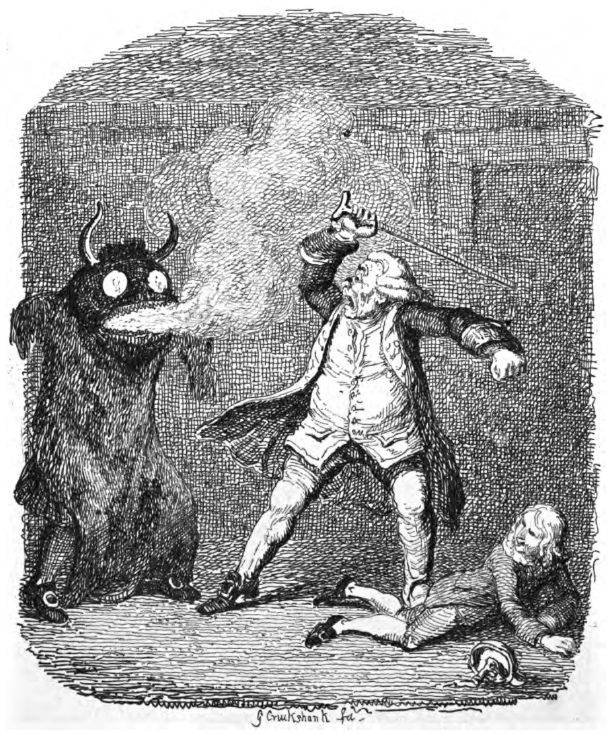Davy Jones - Legend, Facts and Biography of Famous Pirate
Davy Jones' Locker represents nautical superstition was popularized in the 19th century, but whose origins go back the 18th century seamen and pirates. Phrase "Davy Jones' Locker" represents idiom for the bottom of the sea, death for the drowned sailors and the entering point of the afterlife for the dead sailors and pirates. The name "Davy Jones" is often represented to be devil, saint, or god of the seas. Origins of his name are not known today, with many historians claiming that it became virally spread among the sailors of that age. During 1630s there was a pirate captain under a name David Jones that sailed across the Indian Ocean, but many scholars are in the agreement that he was not sufficiently famous to gain such a lasting remembrance.
One of the earliest written mentioning's of the Davie Jones comes from the books "Four Years Voyages of Capt. George Roberts" by Daniel Defoe in 1726 and "The Adventures of Peregrine Pickle" by Tobias Smollett in 1751. Both of those books described the Davie Jones as the deity of death, and the final resting place of the dead sailors. Throughout the years many other theories about his origins came to light, with most popular ones being that Davie Jones was a British pub owner who put his drunk customers into his ale locker and dumped them onto any passing ship, or that he was Duffer Jones (notoriously myopic sailor whose condition often led him to fall of the ship). There are also several theories that Davie Jones' name came by altering the names of older saints or spirits (Welsh Saint David who protected sailors in times of mortal danger, West Indian malevolent ghost Duppy, or the "evil angel" of the sailors called Jonah).
During the years when the legend of DavieJones was in its highest, many sailors refused to discuss anything related to it in great detail. However, there is a long standing tradition of celebrating the crossing of Equatorial line that includes paying homage to the Davy Jones.
Popularization of the Davy Jones and his locker happened during 19th century. His important mentioning's happened in the works of Washington Irving, Edgar Allan Poe (in story "King Pest"), Herman Melville (in famous novel "Moby Dick"), Charles Dickens ("Bleak House") and most famously in Robert Louis Stevenson's 1883 novel "Treasure Island".
During 20th century Davie Jones was mentioned in many books and songs, but his most notable appearance happened in the Disneys Pirates of the Carribean movie franchise where he was featured as the undying evil spirit that collects the souls of the dying pirates while traveling in his legendary ship "The Flying Dutchman", and his locker was portrayed as a sort of purgatory for the dead souls.

